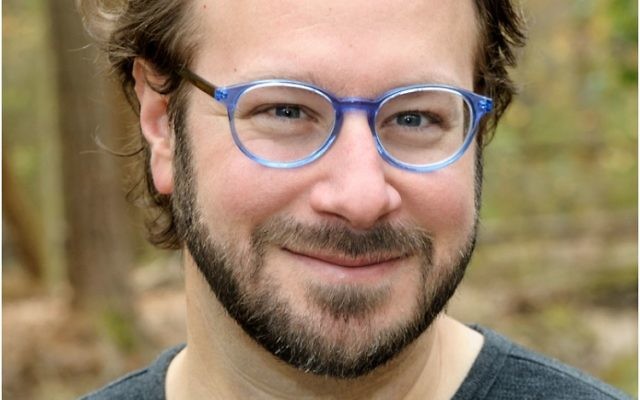Our National Mirror Moment
By Seth Cohen
This month Jews around the world paused for reflection and atonement during the holiest day of the year, Yom Kippur. I always value this day of introspection — to consider the wrongs I have wrought and the transgressions I intentionally and unintentionally committed and to ask for forgiveness as well as fortitude for the year ahead.
It is, in many ways, a mirror moment that provides an opportunity to look at myself and ask those hard questions: Could I have done better? How?
The answer is always yes, and the challenge of the how for the coming year is always redoubled.
But this year, even while immersed in my personal penitence, it was hard not to think of where the United States is as a nation and what necessitates atonement on a personal and collective level.
What have we done, individually and collectively, that has caused pain to others? What have we done that has fostered ill will and division within and among our communities? What words have we used that have caused shame or fear? What hardships of others have we turned away from, saying it is their issue, not our issue, and intentionally forfeited our responsibility to provide common cause?
Aside from the rancorous (and increasingly rancid) political gamesmanship that has pervaded this election season, this election also seems like a solemn mirror moment for the American body politic.
Confronted with a nation and a world filled with challenges and opportunities, both of which increasingly have disparate impacts on individuals and communities, we need to ask ourselves: Can we do better? Can we right the wrongs of our past by striving to be better in the future (in whatever ways “better” can be defined)?
As with our personal lives, a national mirror moment requires looking long and hard at ourselves. It is not merely about the decisions and actions of the past year. It is about the decisions and actions of the past that predicated this year and created the foundation of our failings as well as our successes (and sometimes, paradoxically, both at the same time).
As an individual, sometimes the consequences of our actions can appear quite linear and deductive; in terms of national policy and well-being, they are rarely that simple.
If we were all to undertake Al Chet, the Jewish confessional prayer that is repeated several times during Yom Kippur, and confess the sins of our nation, some transgressions would be hard to ignore. Using the formulation of this ancient prayer, the sins for which we would seek pardon and atonement might include:
- For the sin of failing to create inclusive and safe communities for all our citizens.
- For the sin of failing to provide excellent educational opportunities for all our children.
- For the sin of turning a blind eye to the racial prejudice that pervades our society.
- For the sin of focusing too greatly on imprisonment rather than empowerment.
- For the sin of responding to those in need with apathy rather than with empathy.
- For the sin of using faith to divide us, not unite us.
Fortunately, elections provide these collective moments to take an important look in the mirror and acknowledge these harsh statements (and others that we might identify, depending on our perspectives and politics). Aside from the pounding of chests, there is a moment to make deeper, more heartfelt promises to do better in the year ahead on all these transgressions and many more.
Rather than sit in front of a throne of divine judgment, in elections we serve as our own judge and jury, collectively choosing how we will inscribe our nation and ourselves in the books of life and history for the year ahead.
Will we strive to do better? Will we commit to repairing our world? In this mirror moment of history, do we like what we see? And if not, how will we change? What personal responsibility will we take in effecting that change?
One thing is certain: We won’t need to wait until next Yom Kippur to find out.
Seth Cohen is a senior director of the Charles and Lynn Schusterman Family Foundation. This column first appeared at The Times of Israel.




comments